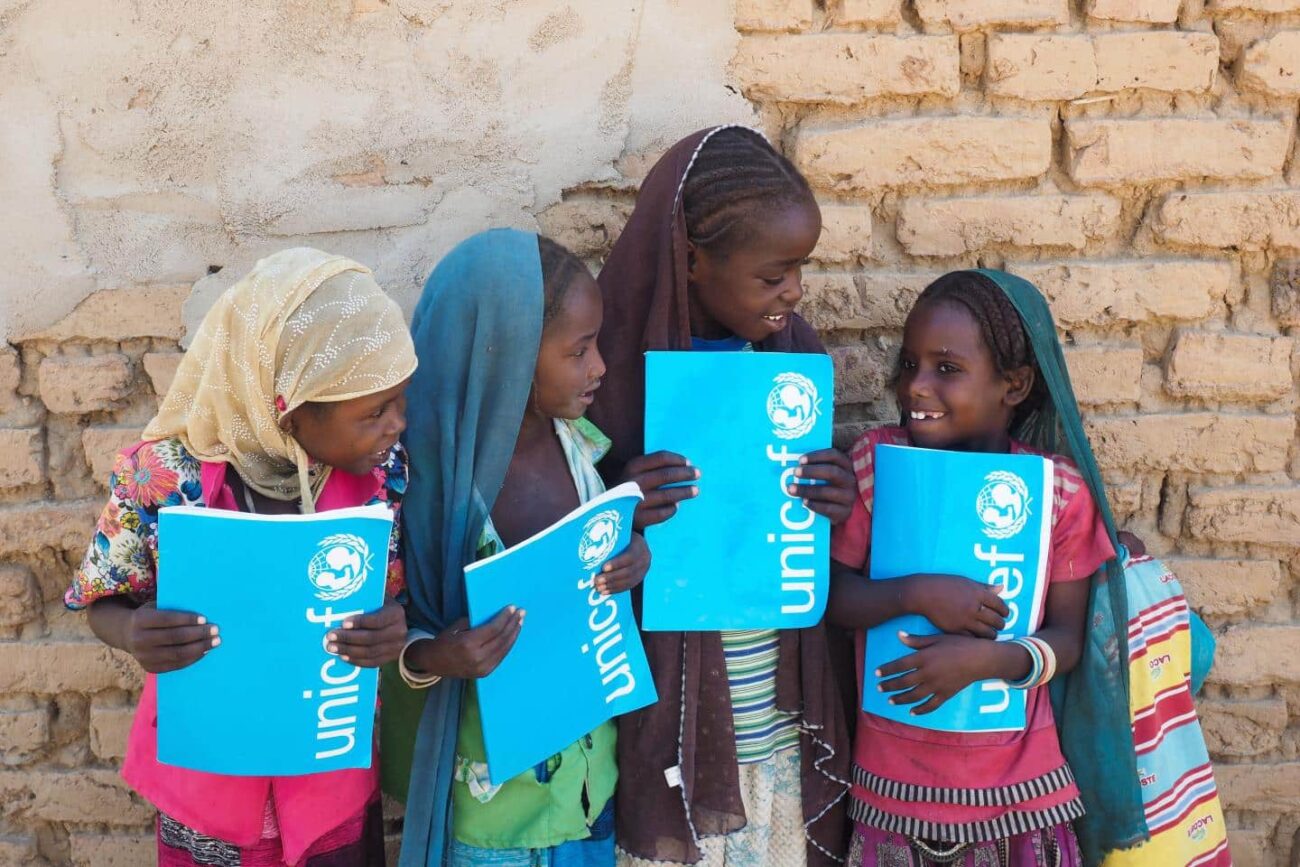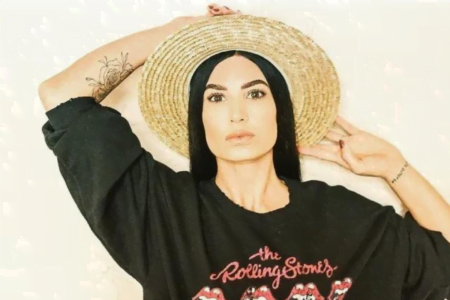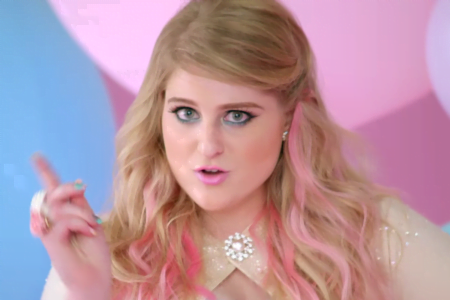The United Nations Children’s Fund (UNICEF) believes that children should be protected and not marginalised because of their race, ethnicity, religion, or language.
This was stated in a statement released on Saturday by UNICEF executive director Catherine Russell.
According to Russell, a recent report showing a rise in child discrimination around the world was released to honor World Children’s Day on November 20.
The report highlights the negative effects of prejudice against and exclusion of children from racial and ethnic minorities, including those who are disabled, as well as the lack of access to services like immunization, water and sanitation, and a just legal system, among other things.
She added that marginalized children suffer in the areas of education, health, access to a registered birth, and a just legal system, claiming that they don’t make as much progress as their peers in these areas.
“Systemic racism and discrimination put children at risk of deprivation and exclusion that can last a lifetime,” she said.
“This hurts us all. Protecting the rights of every child – whoever they are, wherever they come from – is the surest way to build a more peaceful, prosperous, and just world for everyone.”
The UNICEF director stated that marginalized children have poor reading skills and that students from privileged groups are expected to have more fundamental reading abilities by the time they are 7 to 14 years old.
“Nigeria has 18.3 million children who are not in school, and a high number of children attending schools but not getting a solid education that can translate into good prospects for their future,” she said.
“While this crisis affects children across the country, girls, children with disabilities, children from the poorest households, street children, and children affected by displacement or emergencies are affected more.
“Discrimination and exclusion deepen intergenerational deprivation and poverty and result in poorer health, nutrition, and learning outcomes for children, a higher likelihood of incarceration, higher rates of pregnancy among adolescent girls, and lower employment rates and earnings in adulthood.
“On World Children’s Day and every day, every child has the right to be included, to be protected, and to have an equal chance to reach their full potential.
“All of us have the power to fight discrimination against children – in our countries, our communities, our schools, our homes, and our hearts. We need to use that power.”







